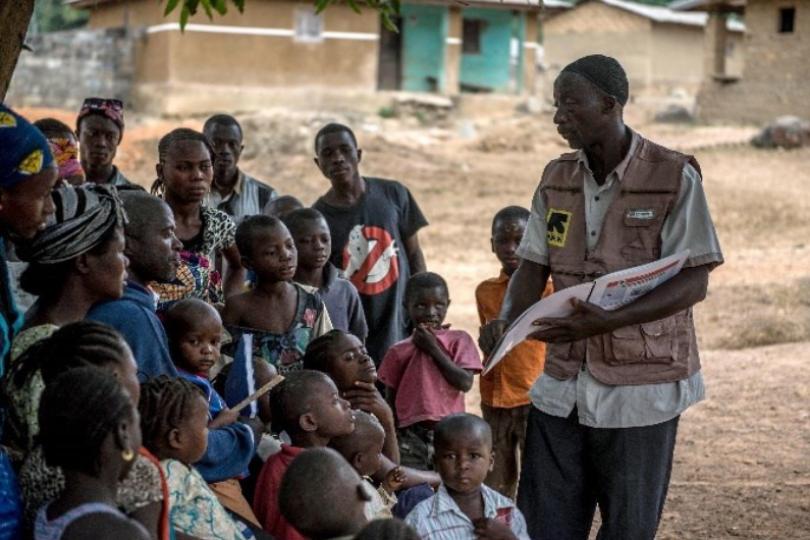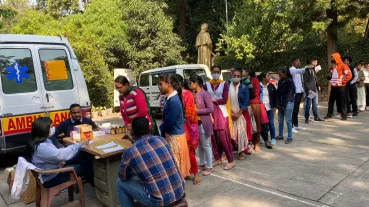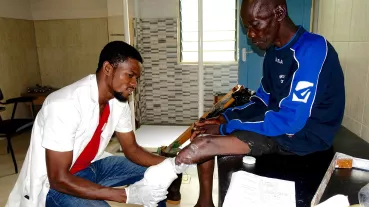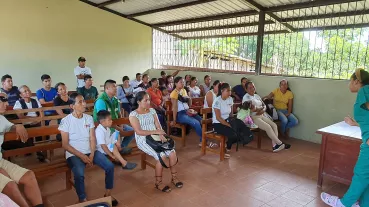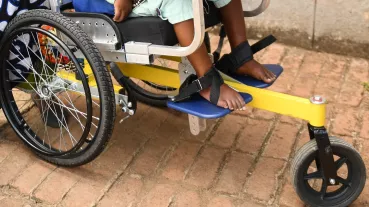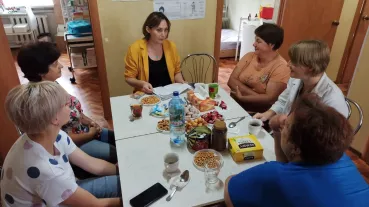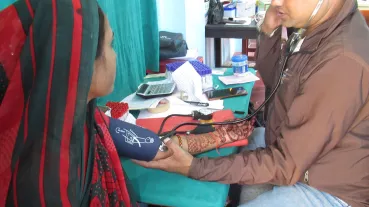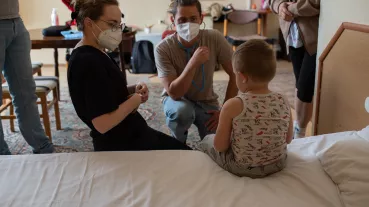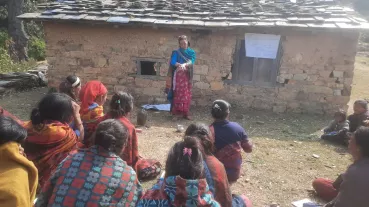Scaling Up Community Health
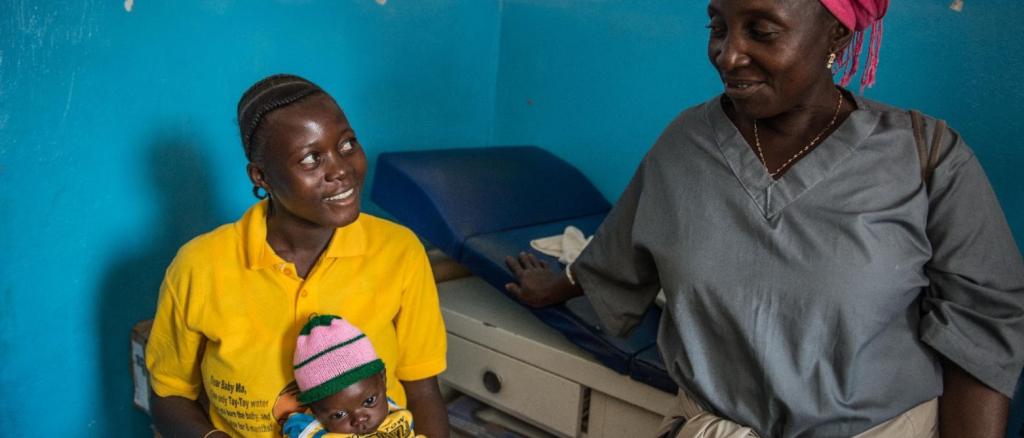
Situation:
Liberia has already made great progress in improving its health system. But challenges remain, especially in rural areas where 60% of people live more than an hour's walk from the nearest health facility: young children suffer from stunting, anemia and diarrhea, women are treated less frequently, and medicines are often in short supply.
Objectives:
The project's main objective is to improve health services - especially for women, babies, and young children - in underserved and remote rural communities through local capacity building, provision of essential medicines, and promotion of health-seeking behaviors.
- Number of Community Health Assistants, trained in community events-based surveillance.
- Number of Children under 5 being treated for communicable diseases and diseases related to malnutrition and poor living conditions.
- Number of people who received health promotion education.
- Recruitment and training of Community Health Assistants
- Dissemination of health promotion messages within communities.
- Recruiting decision-makers in communities as allies.
- Provide technical assistance in monitoring health services.
- Supporting Community Health Assistants through improved medication coverage.
- Continued support for exchanges between communities and health care facilities.
- Transition planning meetings with all relevant stakeholders to ensure that health services are maintained after the project period.
- Work closely with the Department to identify other future funding opportunities.
Aligned with the national health strategy, the project's community-based approach strengthens existing local structures so that patients can be helped better and more directly on the ground.
Health workers deliver health care in communities and are trained in modern technologies, such as the health data monitoring system, so they can help more effectively and quickly.
In addition, communities are involved in all phases of decision-making and implementation. This fosters their ownership and, at the same time, new knowledge from the grassroots can be continuously incorporated into the project.
Here you can find further information.
